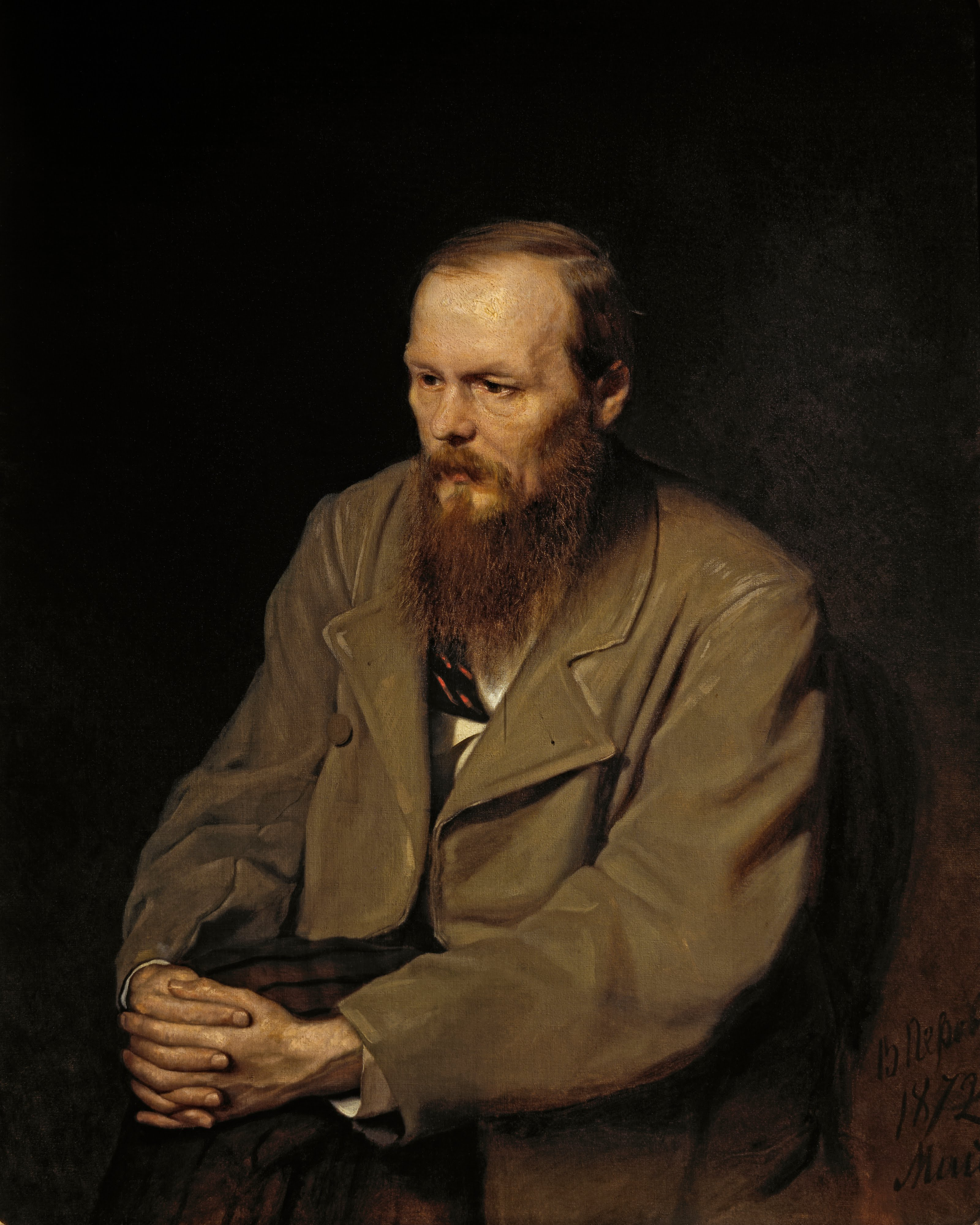
Urban
contemporary gospel thoroughbred Pastor G’s stellar offering “Unstoppable
Rhythm, Worship and Praise” is a fitting milestone for his fifteen years in the
fraternity.
The
fourteen-track album, which is replete with mellow jams and powerful biblical
messages, is a throwback to the early hits which endeared Pastor G with gospel
music lovers.
Most
of the tracks affirm and celebrate of the beauty of the Christian identity,
without reverting to self-praise (an error that must be exorcised from gospel
music).
“The
Remedy” is already doing well on the charts but I am sure it will soon be
overtaken by other tracks, especially “Tatora,” should they get fair rotation
on air.
Featured
artists Mau Mau, Petronella Gobvu-Sengwayo, Marbel Madondo, Tatenda and
Prophecy bring their own flair aboard for an overall rich worship experience.
Born
Stanley Gwanzura in 1970, Pastor G, stormed the arena at the turn of the
millennium and was consistent with popular hits such as “Tshibilika,”
“Handifambi Ndega,” “Zvichanaka” and “My Home.”
He had
a stint at Power FM’s fortnightly gospel show “Beats with a Message,” a
platform which was also graced by another gospel great before him, Brian
Sibalo, during the Radio 3 years.
After
taking a min-sabbatical to attend to his studies, his rebound performances with
Zimpraise, notably on “It’s All About Jesus” came as a pleasant surprise for
starved fans.
And
now the giant performer has gathered himself together for a massive comeback,
recording a live DVD concurrently with the launch of “Unstoppable” a few weeks
ago.
Pastor
G, is far from losing his mojo if his latest offering is anything to go by. The
album is the work is seasoned from the confectionary as presaged by the opening
track “Makeke.”
The
album has the marks of a mature offering, with the sound is flawlessly
mastered, the vocals effortlessly melodious and the message thoroughly
biblical.
One
can fall in love with one track, play it on repeat hours on end, pick another
favourite, amazed while they had not discovered it earlier and so forth.
Pastor
G is one of the gospel musicians who have defined a niche. The consistent
quality which runs the tapestry of the album is commendable and an affirmation
that homework is mandatory.
Even
when he picks hymns from the public domain his rendering of them still
mesmerises if just for the quality of vocal and instrumental delivery.
Popular
hymns (originally Methodist, I believe) “Mwari Muri Zuva,” “Ndinoshamiswa
Kwazvo” and “Hakuna Hama” are seasoned with a confector’s touch and given a
whole new feel.
I have
previously faulted the recycling of hymns as an excuse for lack of creativity
but I deign to retract. New renditions, when well-executed, give hymns a new
lease of life.
Oliver
Mtukudzi, for one, has done a great job with hymns on “Pfugama Unamate,”
“Rumbidzai Jehovah” and at least one other gospel album (apparently both the
earliest and the best of the trilogy) which I have been looking for in vain.
“Tatora,”
my personal favourite from “Unstoppable,” is a celebratory jam which celebrates
possession of the gates and operation under an open heaven.
“Tatora
chimzvimbo edu, tatora makomborero edu, tatora iyo favour yedu, tatora. Tapinda
mujoy, tapinda mufavour, tapinda tapinda, tatora,” the chorus celebrates
tapping into the inheritance of the saints.
I
commend music from this realm of revelation because it unapologetically stands
on Bible truth instead of griping on a sub-scriptural level of engagement.
Pastor
G joyfully announces on the outset: “This is a voice crying out in the
wilderness, a clarion call going out to all world-changers, history-makers; all
those who want to make a difference. This is the generation that should take
back what the enemy has stolen. Tatora!”
It is
a statement that influence is changing hands; an affirmation of the Bible
prophecy that the mountain of God will be exalted in the last days; an end-time
manifestation of the sons and daughters of God.
The
title track “Unstoppable,” which merges personal testimony, biblical
exhortation to hold on to faith because God always ultimately and a colloquial
catch-phrase “I am unstoppable, zvaabho, zvaabho.”
Tracks
“Ndinovimba Nemi,” “Wengoni,” “River,” “Greater,” “Worship Medley” and “Heart
of a Lion” make up the rest of the album.



